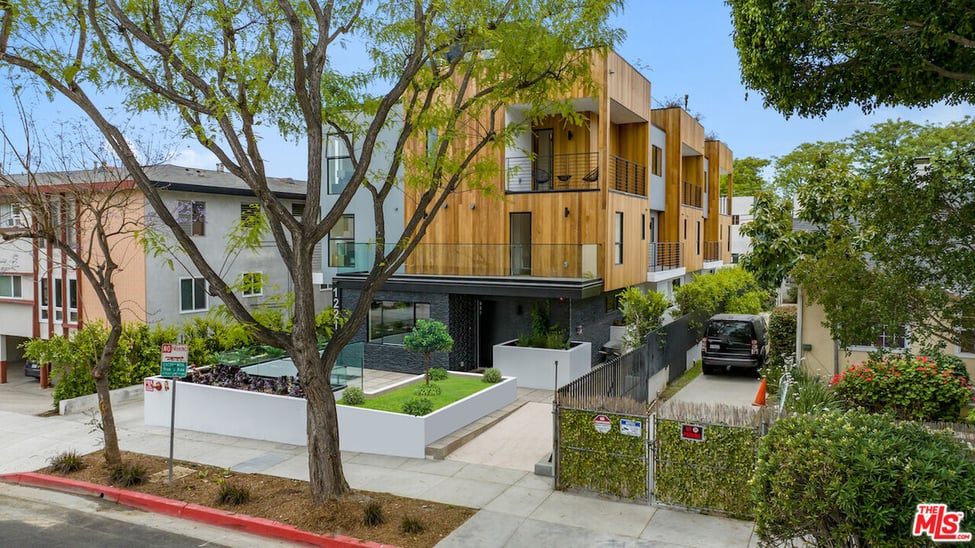Owning a home is a dream for many Canadians, symbolizing stability, security, and a sense of accomplishment. However, achieving homeownership in Canada involves navigating a complex financial landscape, with various considerations and expenses to manage. From saving for a down payment to budgeting for ongoing expenses, understanding the financial side of homeownership is crucial for prospective buyers and current homeowners alike.
One of the primary financial considerations for homeownership in Canada is saving for a down payment. The size of the down payment required depends on several factors, including the purchase price of the property, the type of mortgage, and the lender's requirements. In Canada, a minimum down payment of 5% is typically required for properties with a purchase price of up to $500,000. For properties with a purchase price exceeding $500,000, the minimum down payment is 5% on the first $500,000 and 10% on the portion exceeding $500,000, up to $1 million. Properties with a purchase price exceeding $1 million require a down payment of at least 20%. Saving for a down payment can be challenging, requiring careful budgeting and financial planning.
In addition to the down payment, homeownership in Canada involves ongoing expenses that must be budgeted for and managed. These include mortgage payments, property taxes, homeowners insurance, utilities, maintenance and repairs, and possibly condo fees or strata fees for condominium or strata-titled properties. Mortgage payments consist of principal and interest payments on the loan used to purchase the property and are typically the largest ongoing expense for homeowners. Property taxes are assessed by municipal governments based on the value of the property and are used to fund local services such as schools, roads, and emergency services. Homeowners insurance provides financial protection against damage or loss to the property and its contents due to hazards such as fire, theft, or natural disasters. Maintenance and repair costs are also an important consideration for homeowners, as properties require regular upkeep to maintain their value and functionality.
Despite the financial responsibilities associated with homeownership, there are also potential financial benefits to consider. One of the primary benefits is the opportunity to build equity in the property over time. Equity is the difference between the property's market value and the remaining balance on the mortgage and represents the homeowner's ownership stake in the property. As homeowners pay down their mortgage and property values appreciate, they accumulate equity, which can be tapped into through home equity loans, lines of credit, or by selling the property at a profit. Additionally, homeownership can provide stability and predictability in housing costs, as mortgage payments are typically fixed over the life of the loan, whereas rents may increase over time.
In conclusion, homeownership in Canada is a significant financial decision that requires careful consideration of both the upfront costs and ongoing expenses associated with owning a home. While there are financial responsibilities and challenges to navigate, homeownership also offers potential benefits such as building equity, stability in housing costs, and the opportunity to create a home of one's own. By understanding the financial implications of homeownership and planning accordingly, Canadians can achieve their dreams of owning a home and enjoy the many rewards that come with it.

